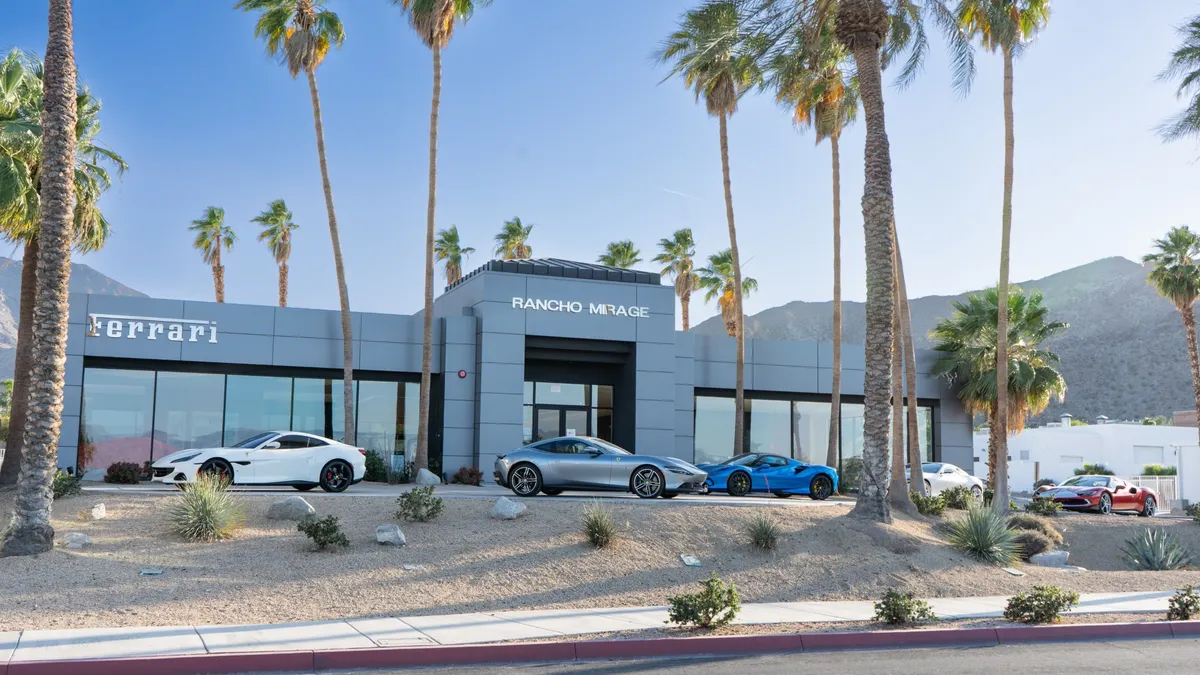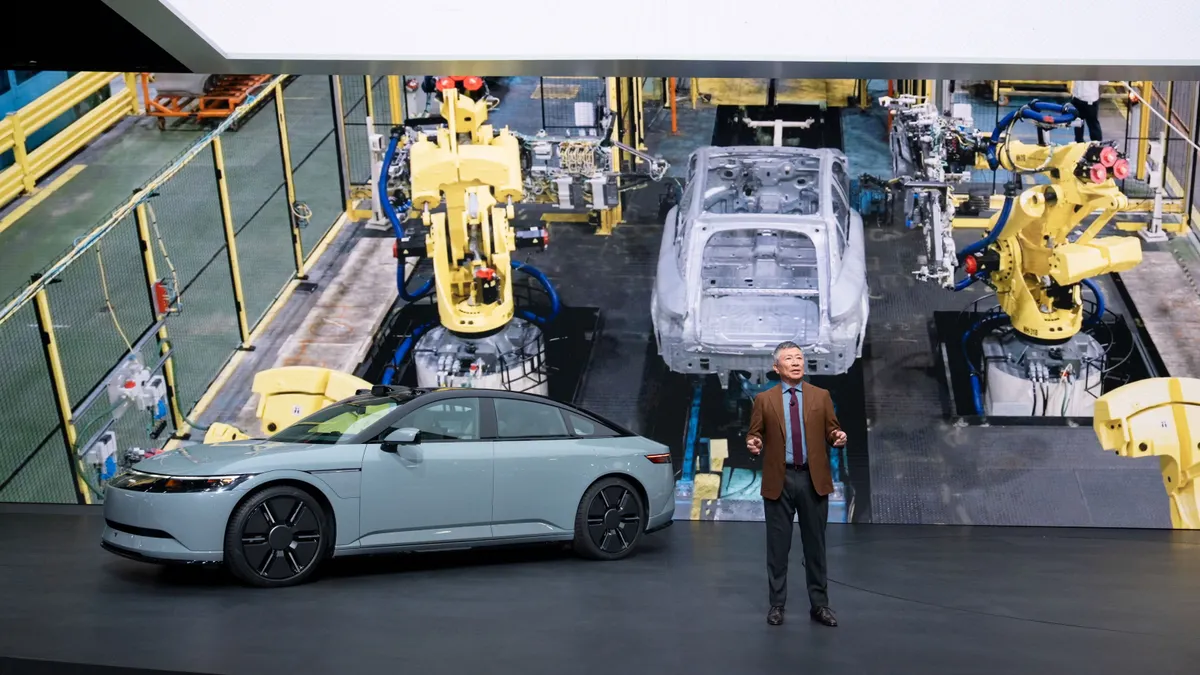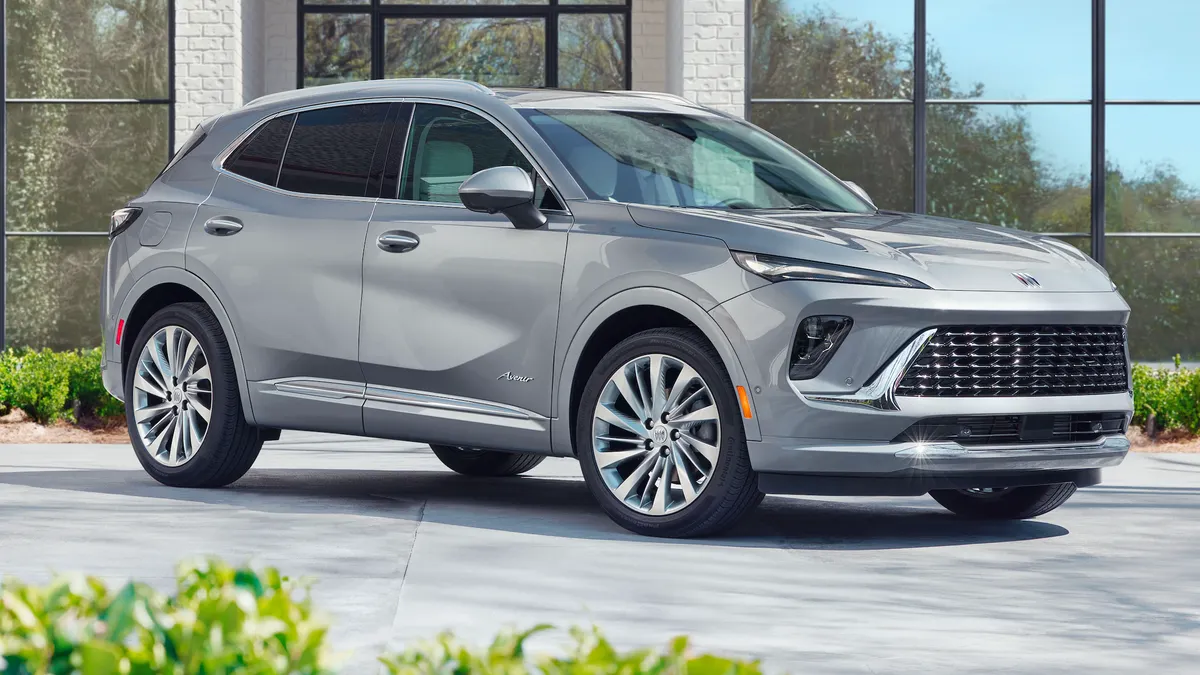Stellantis has made it known that it is seeking a successor to CEO Carlos Tavares, 16 months ahead of his contract expiration, a move that is seen in many quarters as a public rebuke of the CEO by the board of directors.
The company confirmed that Chairman John Elkann initiated a search, which includes internal candidates, as part of its normal succession planning. Except it’s not normal for a company to confirm a search publicly when the current CEO still has a job.
Tavares is under tremendous pressure from a falling share price and labor unrest in the U.S. with the UAW threatening a strike at least one of the automaker’s plants in retaliation for what the union says is a violation of the last contract agreement.
The company’s neglect of its two most profitable brands, Jeep and Ram, has put Stellantis on shaky financial footing as it strives to manage an unwieldy stable of brands created in 2021 in a merger of FCA brands Chrysler, Dodge, Jeep, Ram, Fiat, Alfa-Romeo, Lancia and Maserati with Peugeot, Opel, Vauxhall and others.
Not only does Stellantis have a bunch of niche European brands with sketchy business models and futures underperforming in North America, but Jeep and Ram have models on the industry's list of the top-five models with the largest dealer inventories this month, according to multiple sources who publish that list.
The automaker probably also still has too many employees as a legacy of the rollup of three organizations. At the close of 2023, Stellantis had about 272,000 employees against global sales of 6.39 vehicles. That’s 23.4 vehicles for every employee. Toyota, by contrast, produces 30 vehicles per employee. General Motors produces 37 vehicles for every employee. Those numbers show productivity if not profitability, as well as efficiency.
The trouble for Tavares began after the first half of the year when Stellantis reported net income that was almost halved in the six months through June, compared with 2023, after a massive sales drop in the U.S, and Europe.
Tavares has made a reorganization and cost-cutting his top priorities and the CEO made an uncharacteristic (for Europeans) visit to the company’s North American offices in August to grill brand and business chiefs about where cuts could be made.
Stellantis' barn full of brands is under heavy scrutiny. While all of the group’s brands are important assets and profitable, “there’s absolutely no taboo” if their performance were to deteriorate, Tavares said in late July. The brands “are here to be leveraged,” the CEO said. “If they are not able to monetize the value that they represent, then decisions will come.” Those remarks seem sharply aimed at Chrysler and Lancia, each with just one aging model.
There has been heavy scrutiny on Tavares for the last six weeks. Several high-ranking North American executives have left the company since May. Tavares is expected to present a turnaround plan in October to the board.
But will he be hamstrung? The trouble with a largely European board and a chairman (who is connected by blood to the Italian brands at Stellantis) is that they do not see the limitations of those brands in export markets like the U.S. where these brands have little relevance outside a relatively few consumers. Former CEO Sergio Marchionne was compelled to launch Fiat in the U.S., and it has not gone well.
Elkann has clearly decided to turn up the heat on his CEO, left-handedly stating that Tavares will be included in the process of who leads the company starting in 2026. But his reasons could also be diversionary. Elkann himself is in the headlines and in hot water with the Italian government, which alleges the chairman participated in a tax-fraud scheme concerning the estate of his grandmother, Marella Caracciolo, who passed away in 2019.
Most automakers have trimmed their brand trees in the last decade. The two that haven't--Stellantis and Volkswagen Group--are paying the price for inefficiency and holding onto brands that have emotional appeal for European company owners, but make marginal business sense.
About the Author
David Kiley is an award winning journalist. Prior to joining WardsAuto, Kiley held senior editorial posts at USA Today, Businessweek, AOL Autos/Autoblog and Adweek, as well as being a contributor to Forbes, Fortune, Popular Mechanics and more.



















